Conventional Veterinary Care
- • Focuses on treating symptoms & diseases
- • Uses pharmaceuticals & surgery
- • Standard medical assessments
Have you ever wondered how holistic veterinary care can transform your pet's health? This innovative approach not only addresses physical symptoms but also nurtures emotional and psychological well-being, paving the way for a happier and healthier life for your furry friends.
Understanding the distinctions between conventional, complementary, and integrative veterinary medicine.
As a dedicated pet lover and advocate at Best Vets Sydney, I've seen firsthand the positive impact that holistic veterinary care can have on our furry friends. But what exactly does holistic veterinary treatment mean? It extends beyond traditional methods to encompass the overall well-being of pets, integrating body, mind, and spirit. This approach aims to treat the whole pet, considering their emotional and psychological health alongside physical conditions.
Holistic veterinary care can incorporate various practices that support your pet's health journey. By viewing health through a comprehensive lens, we can better understand our pets' unique needs and tailor treatments that resonate with their individual personalities and circumstances.
Holistic veterinary care is more than just a buzzword; it represents a philosophy of treating pets that includes a variety of complementary therapies. These can range from nutrition and herbal medicine to acupuncture and physical therapy. The goal is to promote optimal health and prevent disease rather than merely treating symptoms.
By combining these elements, holistic care provides a personalized approach that can lead to more sustainable health outcomes for pets. For further reading on the multifaceted nature of veterinary holistic care, you can explore resources from the Ohio State University College of Veterinary Medicine.
Integrative medicine combines the strengths of both conventional veterinary practices and alternative therapies. This collaboration can enhance healing and recovery, offering pets a wider array of treatment options. Think of it as creating a customized care plan that includes everything from vaccinations and medications to acupuncture and chiropractic care.
When you choose integrative medicine, you’re not just treating a condition; you’re nurturing a healthier, more vibrant pet! For a deeper understanding of how these different approaches can work together, the American Veterinary Medical Association (AVMA) offers valuable insights into holistic veterinary care.
Choosing a holistic approach for your pet can be a game-changer. This method allows us to integrate the best conventional treatments with natural options, addressing not just the symptoms but the root causes of health issues. I often hear from pet owners who appreciate this balanced approach, as it fosters a deeper connection between them and their pets.
By embracing a holistic mindset, we can ensure our beloved companions receive the most compassionate, comprehensive care possible! Research published in PubMed Central further highlights the benefits and applications of various complementary and alternative veterinary medicine practices.
As you explore holistic veterinary care, it’s essential to consider the role of pet owners in this collaborative process. How involved are you in your pet’s health decisions? Share your thoughts on the importance of integrating your insights with veterinary guidance!
When considering holistic treatments for your pet, preparation is key! I always recommend starting with initial consultations to lay a strong foundation. During this first visit, your holistic vet will take the time to understand your pet's unique health needs and lifestyle. This holistic approach ensures that every aspect of your pet’s well-being is considered, from their diet to their emotional health.
Here’s what you can expect during the initial consultation:
Remember, it’s important to be open and honest during this conversation. The more information you provide, the better your vet can tailor a holistic treatment plan that meets your pet’s needs.
Once your pet begins their holistic treatment, at-home care becomes essential. Supporting your pet during their healing journey can significantly enhance the effectiveness of the treatments. This might include setting up a comfortable resting area, sticking to prescribed dietary recommendations, or engaging in gentle exercises.
Here are some key aspects of at-home care:
Your role as a pet owner in this phase is crucial! Being engaged and proactive can help ensure that your furry friend feels safe and supported throughout their treatment.
Understanding your pet's health needs is a continuous process. Regular health assessments can provide valuable insights into how your pet is responding to holistic treatments. I encourage pet owners to schedule follow-up appointments as recommended by their veterinary team to track progress and make necessary adjustments.
During these assessments, your vet may:
By staying on top of these assessments, you can ensure that your pet continues to receive the best possible holistic care!
Here are some common questions about holistic veterinary care:
Here is a quick recap of the important points discussed in the article:
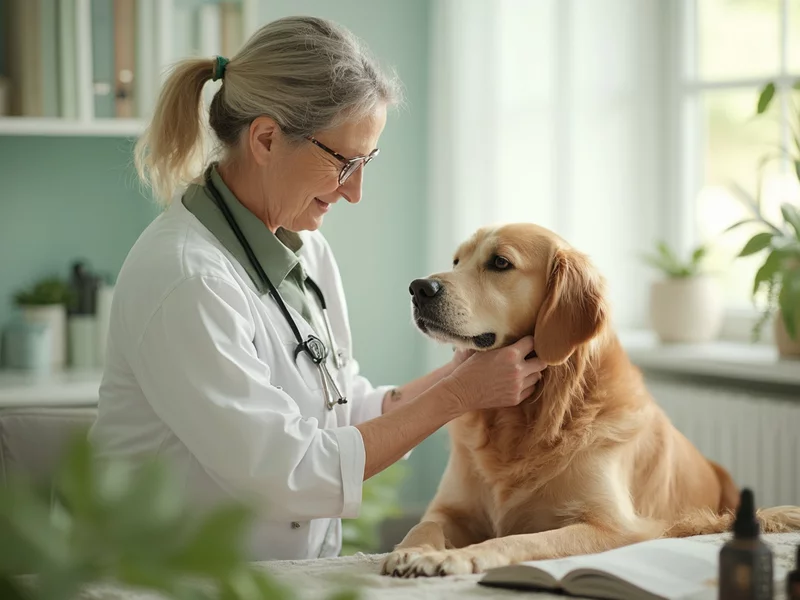
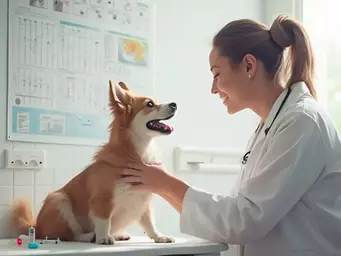 Understanding the Importance of Puppy Care
As a new puppy parent, ensuring your furry friend receiv
Understanding the Importance of Puppy Care
As a new puppy parent, ensuring your furry friend receiv
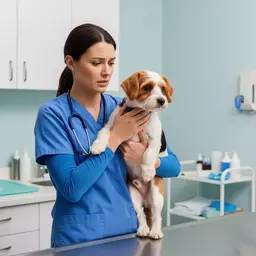 As pet owners, understanding the financial implications of emergency vet visits is crucial for ensur
As pet owners, understanding the financial implications of emergency vet visits is crucial for ensur
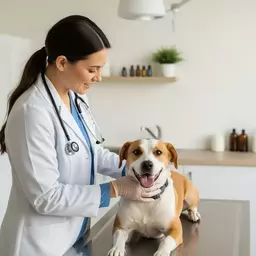 The journey towards a healthier pet can start with a simple question: Are you ready to consider a ho
The journey towards a healthier pet can start with a simple question: Are you ready to consider a ho
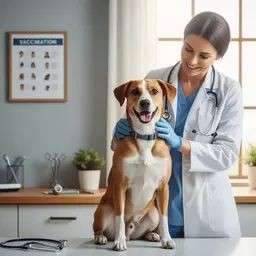 ##
Have you ever considered the significant impact that vaccinations have not just on your dog, but
##
Have you ever considered the significant impact that vaccinations have not just on your dog, but